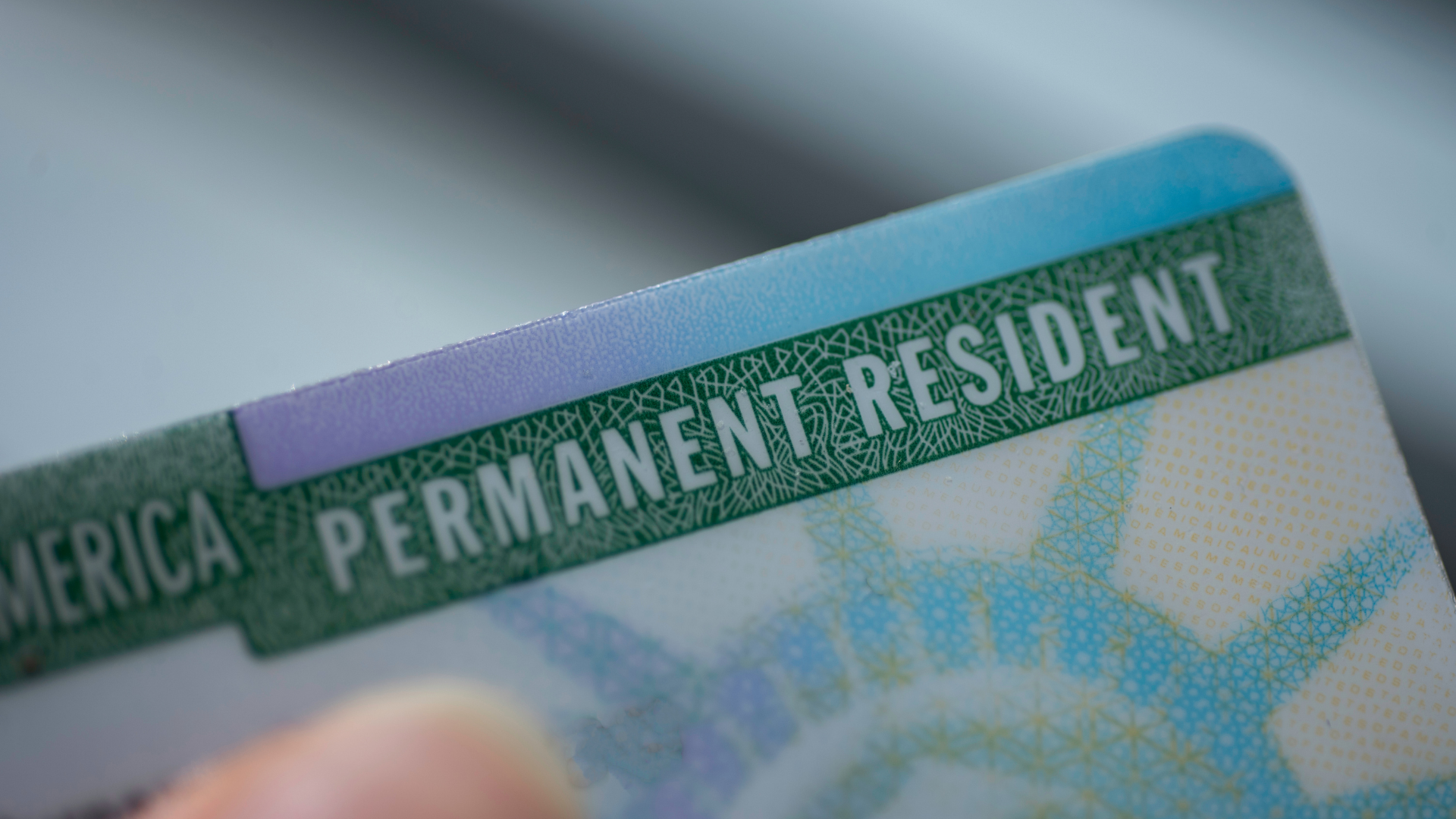Do I Need a Lawyer for a K-1 Visa?
Do I Need a Lawyer for a K-1 Visa? Maybe you met on a sightseeing trip, or perhaps in a semester-long study abroad program. A friend’s destination wedding. A job training program. A whirlwind romance during what might have otherwise been a simple vacation or a match made by an international marriage magic-maker. Now, all…












